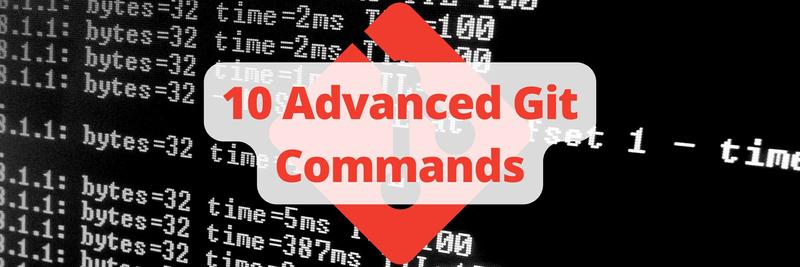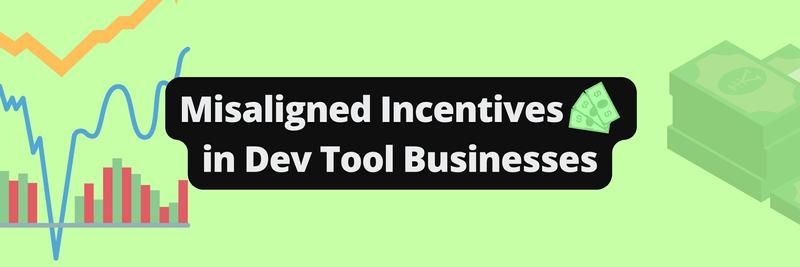Get a monthly round-up of developer tutorials and software development happenings delivered to your inbox once a month.
Earthly May 2023 Newsletter
Happy May, Earthlings!
Welcome to the Earthly Blog newsletter, where I share the most popular articles and tutorials from the Earthly blog in the last 30 or so days.
Top Blog Content
 |
Let’s Learn More About Python Data Classes
Since their introduction in Python 3.7, data classes have emerged as a popular choice for Python classes that store data. This two part series is a deep dive on data classes.
 |
10 Advanced Git Commands
For many developers, truly harnessing the power of Git can be a daunting task. In this article, Temitope Oyedele discusses ten advanced Git commands every developer should know.
 |
Five Common Mistakes To Avoid When Learning Golang
How is your knowledge of pointers, interfaces, and concurrency in Go? In this article, Ubaydah shares 5 common mistakes that people new to Go make and all three of those – plus two more issues –show up.
 |
To Understand Pants, Understand Bazel’s History
This article is an interview with Pants creator Benjy Weinberger and was popular on Reddit's /r/programming community. Read it to get an understanding of the early history at Google that lead to the creation of Google's Blaze. Blaze led to Bazel, Pants and ultimately build tools like Earthly.
 |
Misaligned Incentives in Dev Tool Businesses
How do incentives shape dev tool businesses? This essay dives into my personal software development experiences and how we think about incentives at Earthly.
Blog News
 |
How to Write a Tutorial About How to Read a CSV in Golang
Josh wrote this great tutorial on how to write tutorials. If you'd like to get a feel for the process of editing a tutorial, if you'd like to learn how to communicate better in technical writing or if you have any interest in our 'write for us' program then be sure to give this a read.
Product News
Reminder: Earthly is an open-source build tool that makes builds super simple.
 |
New Feature: LET and SET
Release v0.73 introduced the LET and SET commands for declaring and setting non-argument variables to help better control your build logic.
The LET command is for declaring a variable and the SET command is for changing the value of a variable declared with LET. Pull Request #2830 details the new feature.
Release Notes
That's it for this month. If you are interested in using Earthly Satellites, go to our docs and follow the steps to self-serve Satellites. And if you are interested in using Earthly CI, go to our docs and follow the steps to self-serve Earthly CI.
See you next month,
Adam
Join Our Content Newsletter
Get a monthly round-up of developer tutorials and software development happenings delivered to your inbox once a month.
Happy April Earthlings! I'm Gavin, and welcome to the latest Earthly newsletter, where we share the most popular articles and tutorials from the Earthly blog in the last 30 or so days. Top Blog Content The Montréal Effect: Why Programming Languages Need a Style Czar The blog post discusses the challenges of maintaining consistent coding styles across large programming projects. It argues for a 'Style Czar' to establish and evolve style guidelines, preventing the fragmentation of coding...
Happy March Earthlings! I'm Adam, and welcome to the latest Earthly newsletter, where I share the most popular articles and tutorials from the Earthly blog in the last 30 or so days. Top Blog Content From Go to Rust: The Two Types of Readable Code Ever looked at some code and thought, “Wow, that’s an ugly mess!”? Or maybe you picked up a new programming language and felt right at home? It’s funny how our gut feelings about code often come down to what we’re used to. Optimizing Rust Build...
Happy February Earthlings! I'm Adam, and welcome to the latest Earthly newsletter, where I share the most popular articles and tutorials from the Earthly blog in the last 30 or so days. Top Blog Content Rust, Ruby, and the Art of Implicit Returns This article explores the concept of implicit returns, if-expressions, match-expressions, and single-expression functions in programming languages like Rust, Ruby and Scala. Showboaters, Maximalists and You This article encourages developers to...

